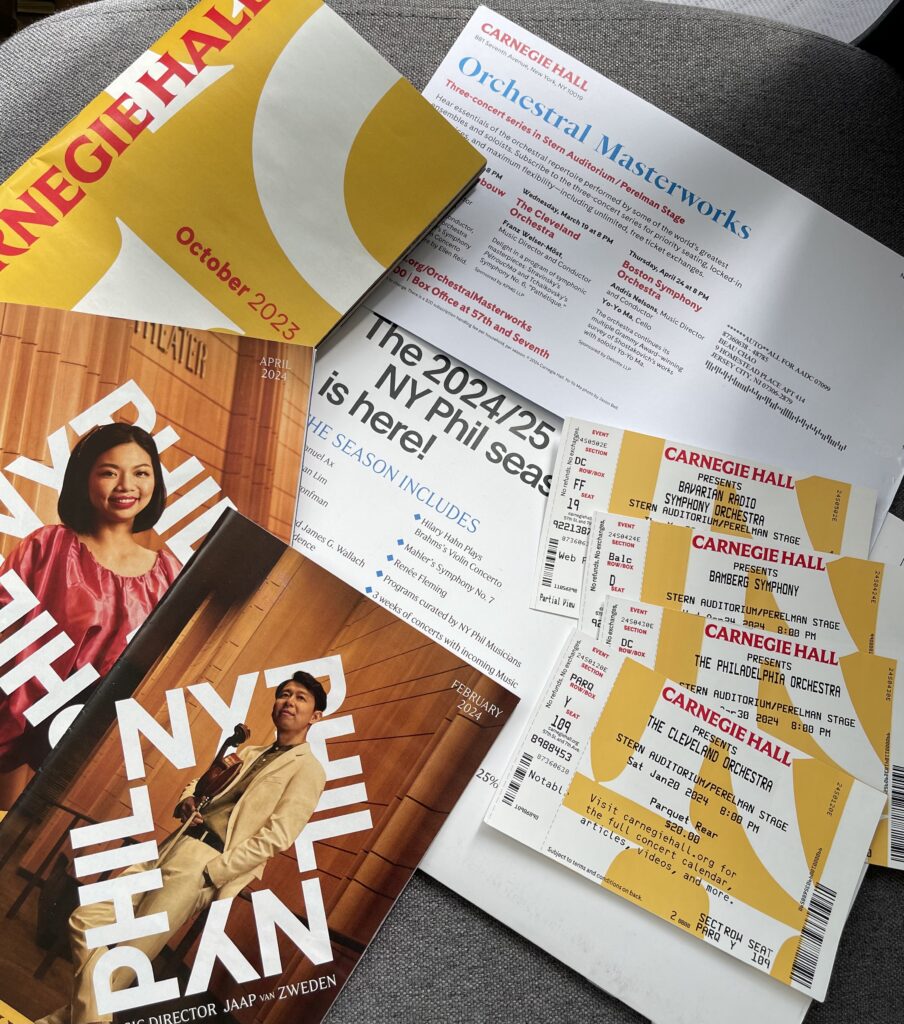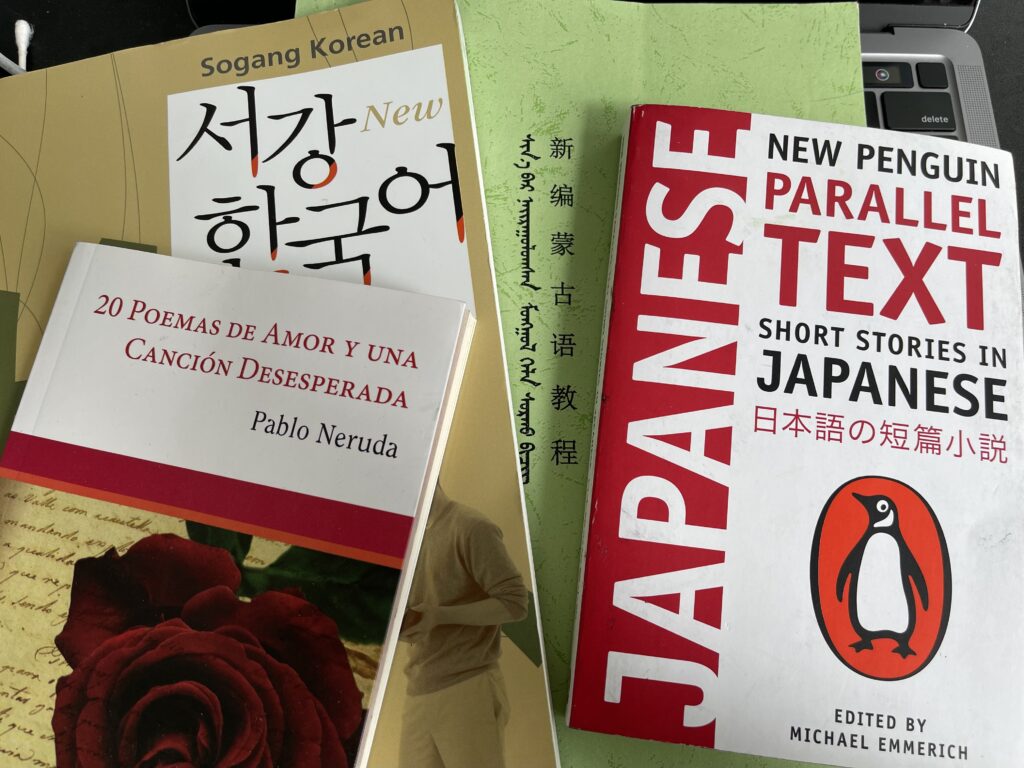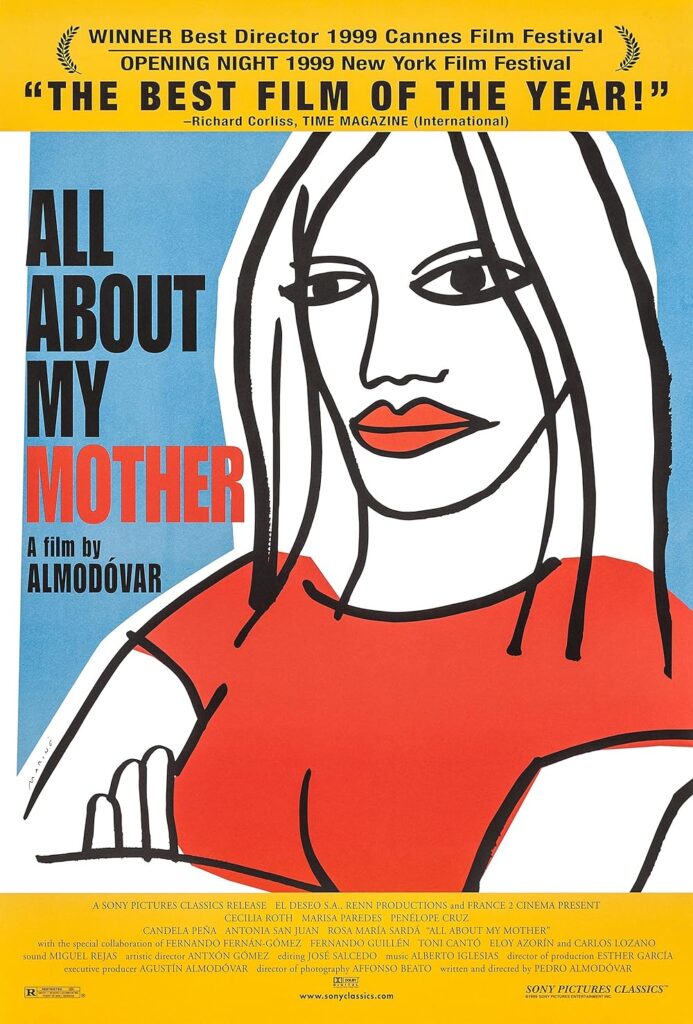Who is CB?
A few fun facts about me:
Bo Chao → CB
My name is Bo Chao, but my friends always call my initials “CB” (different name order), which sounds more intimate and friendly to me.
My cultural identity
I am from an ethnic Mongolian family in Inner Mongolia Autonomous Region of China, so my name is actually from Mongolian, spelled as ᠴᠣᠪᠣᠭᠣ in traditional Mongolian, цовоо in Cyrillic Mongolian, and sounds like “Choboo”, which means “smart”. I was immersed by the interaction and blend of Mongolian culture and Han Chinese culture since my childhood.
My education
I obtained my BA in Communication and Linguistics at University of California, Santa Barbara. I am now pursuing an MA in Media Culture Communication at Steinhardt, New York University.
Academic interest at a glance
I have extensive interests across many different disciplines, especially media and culture studies (the reason I am in MCC now!), literature and writing, western classical music, languages and linguistics. If you are interested, feel free to check my past papers and articles!
My plan in the future
After I complete my MA at NYU, I may pursue a PhD in linguistics, concentrating on field linguistics, historical linguistics, functional syntax and typology.
My Personal Hobbies

Classical Music
I am a classical music enthusiast and a “frequent flyer” to Carnegie Hall and Lincoln Center.
I am especially fond of the orchestral pieces, like the works by Beethoven, Mahler, Bruckner, Ravel, Wagner, R. Strauss, Shostakovich, Messiaen, Xenakis, etc,
Polyglot Wannabe
I am a passionate language learner. I am native speaker of Mandarin Chinese, biligual speaker of English, heritage speaker of Mongolian, intermediate speaker of Spanish and Japanese.
I also have elementary knowledge of Italian and Korean. I often do language exchange on Hellotalk to practice.


Vintage Films
I am always curious to explore the vintage film and classical movies. There is high opportunity to spot me in the independent cinemas like Film Forum and Metrograph!
My favorite movie is Todo Sobre Mi Madre (All About My Mother), a Spanish film in 1999.
FOOD LOVER!
Although I won’t call myself “gourmet”, I do have interest in all kinds of cuisines and food. I believe there is no bad food, but bad cook. That’s why I enjoy cooking!
If you have interest, please drop by my apartment and be my guest!
My special menu lamb rack →

